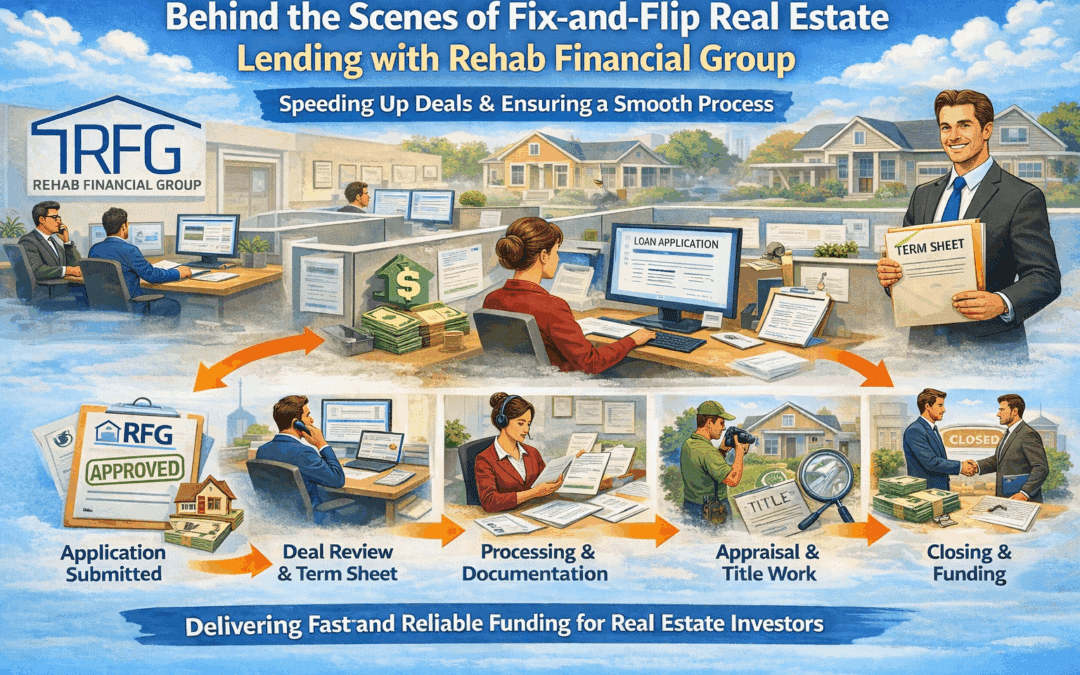So, you want to start investing in Tax Liens, but have no idea where to start?
If you’re like most investors, you’ve seen the late-night infomercials and read gobs and gobs of information online about what an incredible opportunity tax lien investments are. Unfortunately, most of the things you’ve read provided you with just enough information to spark your interest but not quite enough to feel comfortable taking action. The devil is in the details, and the details are going to cost you.
Tax lien investments are a great way to get your foot onto the ground level of your career investing in real estate. You can start with as little as $500, or spend millions. The barrier of entry is truly up to you, how much you want to work for it, learn about it and what to start with.
The Truths
Here are 6 simple but tough truths to use when you navigate the minefield of information you are sure to find in a quest to start investing in tax liens:
1 | Remember, everything you need is in your state’s library and at your local courthouse.
It is going to take some time, but read through the legislation regarding property tax laws. You may find tax liens aren’t even sold in the state you want to invest. After you have the “101” on how the process works, go to an auction and observe. It is all public information! You don’t need to buy a coach, or any books, although many investors do find that some level of guidance helps.
2 | Expect to lose some money and understand becoming a successful tax buyer is something that is learned through experience, not taught.
Investing in tax liens is great and I love it, but, as I tell folks every time I present at a seminar or other real estate event, “Investing in tax liens is something you learn, not something you teach.” It takes practice to learn other bidder strategies and how to bid around those. You need to be prepared to take it slow and not empty your bank account into the first tax sale. Tax liens are a moving target that is constantly exposed to variables such as changes in law, changes in administration, economic changes, changes in condition and even changes due to natural disaster. It is impossible to teach what the right move is when these variables occur, but it is something you can learn through experience.
3 | If it sounds too good to be true, it is
Good tax lien investors post some pretty crazy, over-the-top returns, but we can also document each one of them. If you plan to use a coach, a resource provider, or even a service provider like us, challenge them. Remember, tax liens are all public record! There is literally no possible way to “cook the books,” so challenge what you are told, or what is advertised. Be pleasant, but firm. A good service provider will never have an issue with providing recent documentation of investing success as long as you are professional about asking for it.
4 | Just because it is on the internet, does not mean it is true
This obviously applies to a lot of real estate topics. Whether you’re talking about coaching, workshops, or service providers, the proof is in the product. You will find tax liens can be very profitable, but also very competitive. Competitors will go to great lengths to post false statements and claims of their competition, but with proper due diligence, it becomes pretty easy to set aside the fact from the fiction.
5 | You’ll be happier anonymous
I don’t care if you are investing in one or 1,000 tax liens, do not use your home or office address as the address on record with the county. Spend $100/year to get yourself a post office box. Tax lien investing is not predatory or cashing in on another’s misfortunes, but the parties on the other end of the deal may not view it like that. I have been called every name in the book and have even had people who were looking for me show up at our “on record” address. That is not a confrontation you want to have, so put some distance between you and the homeowner.
6 | Show the county employees, where you bought your liens, some love
They are your banker now, so treat them with love! Nothing will get you fired in our company faster than being rude to a county employee. All the research and knowledge base you can develop can disappear in the snap of one quip to the wrong employee at the county. There are limitations on the type and value of gifts you can give elected officials and their employees, but taking care of them and treating them with respect should be as valuable (if not more so) than what you spend on your resources to learn how to invest.
Last of all, have fun! It might have sounded a little scary, but investing in tax liens and tax distressed real estate can be a lot of fun! We attend about 200 auctions every year. Of those, I attend about 20 myself. The games that are played, the snarky remarks bidders throw at each other and the adrenaline rush you get when you know you just scored a great win are all so fun! You will never leave an auction without an interesting story to tell, I promise.
Charles Sells is the CEO and founder of Platinum Investment Properties (PIP) and a regular contributor to Think Realty’s print and digital publications. He will be training investors on how to get the very best prices in their local markets using a variety of strategies at the Think Realty National Conference & Expo in Atlanta, Georgia, on October 14, 2017. You can reserve your spot in that session now by clicking here.
























0 Comments